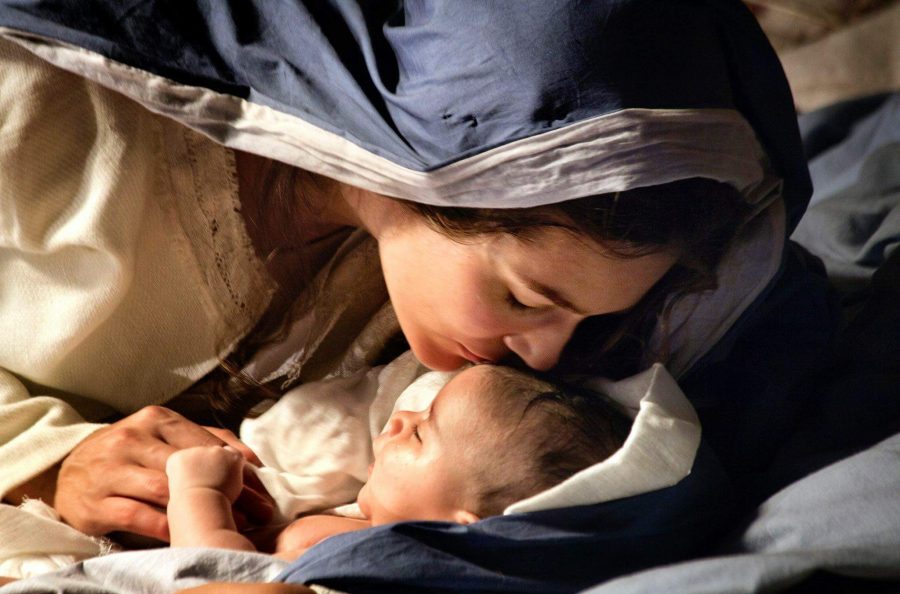I have several mothers.
The first one gave me the milk and I remember that once she gave it to me (and well deservedly so) with her slipper. Cristina was her name.
My heart ached for her the first night I slept away from home. When I was eleven years old, I started gazing at the starry sky and meditating with longing: “That star is over my land”.
As an adult, I heard her advice three times: “You should write your life – and it was a novel”. From then on, I felt I should turn myself into a work of art.
Another time this admirable expression came out of her mouth, as if to say nothing: “As long as you are well, I am happy”. And for years I’ve been beating around the bush trying to make an affirmation of the same generosity in my life!
Already old and wise as a fountain, she also taught me a beautiful saying: “He who has parents is not old”. I was always the boy she asked if the journey had gone well, if I had seen the doctor or if I had celebrated mass.
When she left me, my life was divided in two: “before” and “after”. How many times, half asleep, half awake, I would say to myself: “I have to go home to see her”, but then I would come back to reality and feel a shudder: “Now you are an orphan, terribly poor. You will no longer see her with the Rosary in her hand or filling the house with her tenderness.
I consoled myself then with the idea that I was his pride and that he would tell me: “You have a very beautiful life. My faithfulness would be the best tribute.
To this mother I owe the fact that I got to know Mary, the Mother of Jesus, and learned to see her for what she really was. The anonymous woman who climbed the winding streets of Nazareth with her pitcher. Who spent her days preparing food or picking up a needle and broom. Who lived through widowhood, with the death of Joseph and the departure of her Son for the wanderings of evangelisation. Who, in saying her joy, in the Magnificat, remembered the oppressed and the humble. Who remained standing on Mount Calvary, swallowing her tears and sobbing during the infamous execution of Jesus. Who, under her poor maternal shawl, knew how to keep the Christian family together, before and after Pentecost.
She lived by faith and works, not by miracles. She was a flesh and blood woman and not a demigoddess. She was a simple villager, not a princess. Splendid, yes, but still small and forgotten. Divine pearl without betraying human clay. Sea of tribulations and model of joy.
God keeps these two mothers for me in heaven. From there they watch over the third, the holy Church, which is mother and teacher of all people. An old woman full of wrinkles and wickedness, but also full of charm and wisdom. To this “spiritual homeland” of mine I recited once again the verses of a poet: “Even if you were small/and I saw you poor and naked./No one loves his homeland because it is great/but because it is his own”.
The three mothers, I see them intertwined like flowers from the same branch. They accompany me invisibly and conceal my foolishness before the heavenly Father. They cleanse the stains that sins leave on the lining of my soul, washing it in the river of the Holy Spirit that flows from the glorious Christ.
The three will come one day to receive me and I will run, child for ever, to throw myself into their arms. Those arms which have surrounded me all my life, becoming a mirror of the oceanic love of God.
Is He not a warm and enveloping Colon, or a forest of paternal and maternal arms?
Abílio Pina Ribeiro, cmf
(PHOTO: Il Ragazzo)






